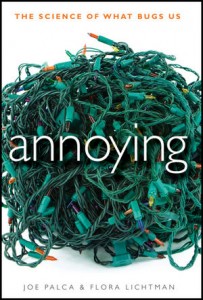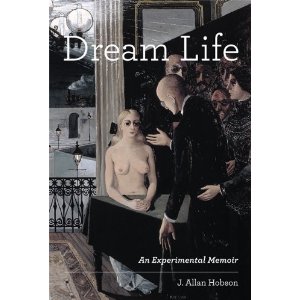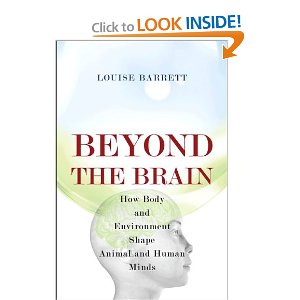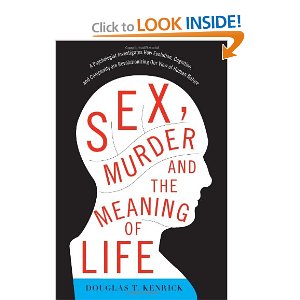new book – ‘Annoying: The Science of What Bugs Us’
April 27, 2011
Annoying: The Science of What Bugs Us by Joe Palca and Flora Lichtman (Wiley, 2011)
Product description from the publisher:
Two crackerjack science journalists from NPR look at why some things (and some people!) drive us crazy
It happens everywhere – offices, schools, even your own backyard. Plus, seemingly anything can trigger it: cell phones, sirens, bad music, constant distractions, your boss, or even your spouse. We all know certain things get under our skin. Can science explain why? Palca and Lichtman take you on a scientific quest through psychology, evolutionary biology, anthropology, and other disciplines to uncover the truth about being annoyed. What is the recipe for annoyance? For starters, it should be temporary, unpleasant, and unpredictable, like a boring meeting or mosquito bites
* Gives fascinating, surprising explanations for why people react the way they do to everything from chili peppers to fingernails on a blackboard
* Explains why irrational behavior (like tearing your hair out in traffic) is connected to worthwhile behavior (like staying on task)
* Includes tips for identifying your own irritating habits!How often can you say you’re happily reading a really Annoying book? The insights are fascinating, the exploration is fun, and the knowledge you gain, if you act like you know everything, can be really annoying.
See also: New York Times review



 Beyond the Brain: How Body and Environment Shape Animal and Human Minds
Beyond the Brain: How Body and Environment Shape Animal and Human Minds


